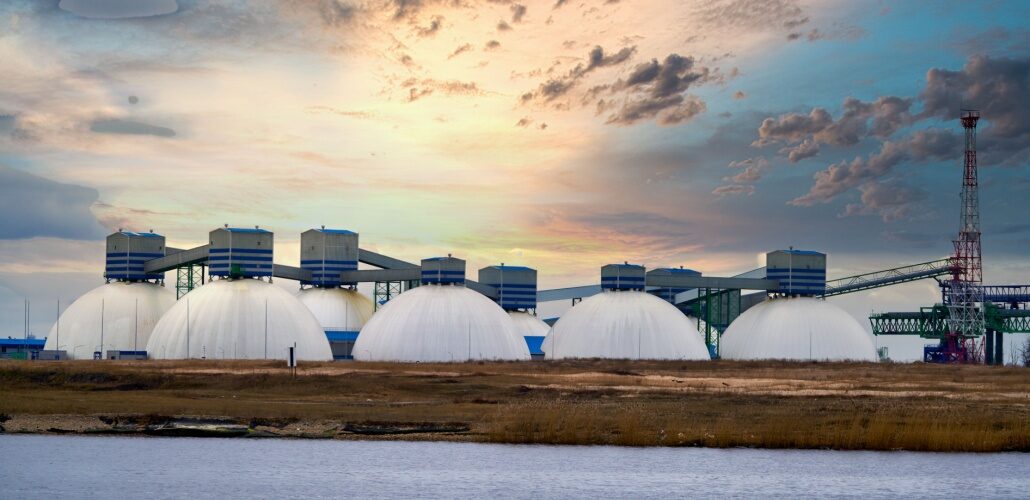DET launches New LNG terminal in Wilhelmshaven
DET commissions second floating LNG terminal in Wilhelmshaven, delivering natural gas capacity to support millions of households across Germany.

Image for illustrative purposes
Germany, Wilhelmshaven: Deutsche Energy Terminal GmbH (DET) has officially brought its second floating LNG terminal online in Wilhelmshaven, further strengthening Germany’s energy supply infrastructure. The terminal, part of the LNG Acceleration Act, was completed in about two and a half years, significantly faster than typical LNG projects of this scale.
DET Managing Director Dr. Peter Röttgen acknowledged the collaboration across government and industry, emphasising that reducing dependency on single-source imports is vital for long-term energy security. The facility aims to support households and energy-intensive industries until renewable sources become fully scalable.
The terminal project was delivered in partnership with ENGIE Deutschland and Tree Energy Solutions (TES), with support from the Gasfin Group, which will take over future operations. The marine infrastructure was developed by ENGIE, which also handled ship management and charter negotiations. TES CEO Marco Alverà noted the terminal’s strategic importance as a new LNG gateway and foundation for future onshore development.
Unique technical aspects of the project include its island jetty, 1.5 km from shore, and the use of seabed cabling to minimise environmental impact. The facility also employs an ultrasound-based method to prevent pipe fouling, which is being tested for the first time in Europe on a floating storage regasification unit (FSRU).
The terminal is expected to feed up to 1.9 billion m3 of gas into the grid in 2025, rising to 4.6 billion m3 annually by 2027.
Source: TES
#DET#Deutsche Energy Terminal#ENGIE Deutschland#FSRU#Germany#LNG terminal#natural gas#TES#Tree Energy Solutions#Wilhelmshaven





